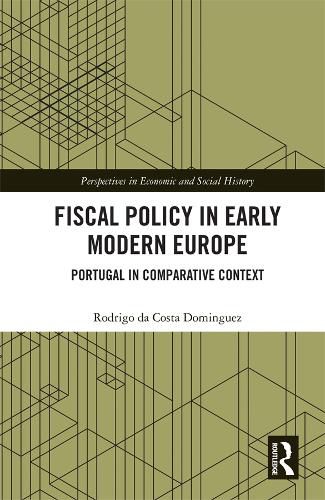Readings Newsletter
Become a Readings Member to make your shopping experience even easier.
Sign in or sign up for free!
You’re not far away from qualifying for FREE standard shipping within Australia
You’ve qualified for FREE standard shipping within Australia
The cart is loading…






This book will examine the gradual assembly and consolidation of Portuguese fiscal policy in the second half of the fifteenth century, providing a comparative analysis of the Portuguese State’s finances and fiscal dynamics with other Western European monarchies.
This book examines relevant aspects of the Portuguese Royal finances, particularly the different instruments employed to provide income and the rubrics involving all types of expenditure between the reigns of Afonso V and Manuel I at the dawn of Modern Ages. The analysis of Portugal’s case will also serve as a main conducting wire to a broader fiscal examination of other Latin-rooted Mediterranean and North Atlantic kingdoms.
This book will be of interest to students and researchers of economic history, fiscal history, economic theory and history of economic thought, as well as students of Medieval History, the history of the Western Europe and the Iberian Peninsula.
$9.00 standard shipping within Australia
FREE standard shipping within Australia for orders over $100.00
Express & International shipping calculated at checkout
This book will examine the gradual assembly and consolidation of Portuguese fiscal policy in the second half of the fifteenth century, providing a comparative analysis of the Portuguese State’s finances and fiscal dynamics with other Western European monarchies.
This book examines relevant aspects of the Portuguese Royal finances, particularly the different instruments employed to provide income and the rubrics involving all types of expenditure between the reigns of Afonso V and Manuel I at the dawn of Modern Ages. The analysis of Portugal’s case will also serve as a main conducting wire to a broader fiscal examination of other Latin-rooted Mediterranean and North Atlantic kingdoms.
This book will be of interest to students and researchers of economic history, fiscal history, economic theory and history of economic thought, as well as students of Medieval History, the history of the Western Europe and the Iberian Peninsula.